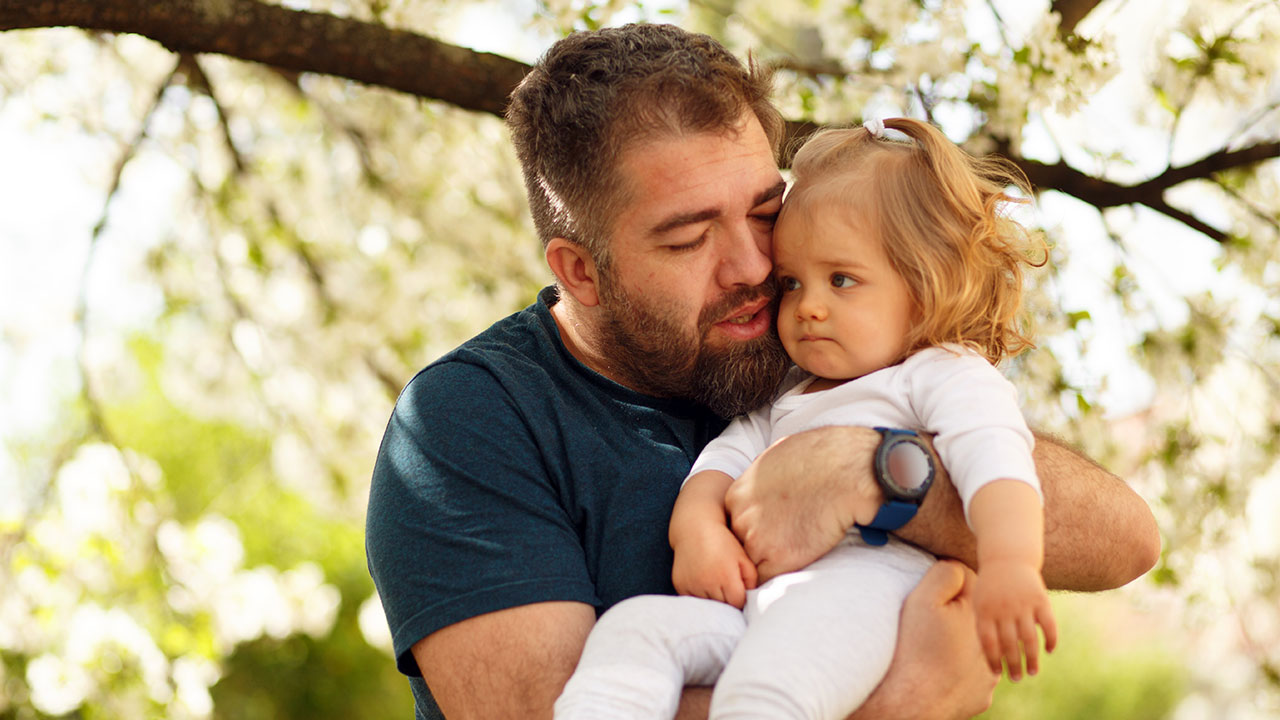As a new parent, you may be wondering when your baby will start to experience separation anxiety. This is a completely normal part of a child’s development, but it can be stressful for both the baby and the parent. In this article, we will discuss when babies typically develop separation anxiety, what causes it, and how to cope with it.
Table of Contents
When Does Separation Anxiety Begin?
Separation anxiety usually begins to develop between 6 and 8 months of age. This is when your baby starts to become aware of their surroundings and understand that you are a separate person from them. They may start to become clingy and cry when you leave the room or go to work.
It’s important to note that every baby is different, and some may develop separation anxiety earlier or later than others. Some babies may not experience separation anxiety at all.
What Causes Separation Anxiety?
Separation anxiety is a normal part of a child’s development, but it can be caused by a variety of factors. One of the main causes is a strong attachment to their primary caregiver, usually the mother or father. This attachment is formed through consistent and loving care, which helps the baby feel secure and safe.
Another factor that can cause separation anxiety is a change in routine or environment. For example, if you go back to work after being home with your baby for several months, they may start to experience separation anxiety. A move to a new home or childcare arrangement can also trigger separation anxiety.
How Can I Cope with Separation Anxiety?
As a parent, it can be difficult to cope with your baby’s separation anxiety. However, there are several things you can do to help ease their anxiety and make the transition easier:
- Establish a routine and stick to it. This can help your baby feel more secure and know what to expect.
- Practice short separations. Start by leaving your baby with a trusted caregiver for just a few minutes and gradually increase the time as they become more comfortable.
- Provide comfort objects. A favorite toy or blanket can help your baby feel more secure when you’re not around.
- Avoid sneaking away. It’s important to say goodbye to your baby and let them know when you’ll be back.
- Stay calm and positive. Your baby can sense your emotions, so try to remain calm and positive when leaving them.
 Source: bing.com
Source: bing.comFrequently Asked Questions
How long does separation anxiety last?
Separation anxiety typically lasts from a few months to a year or more. It usually peaks at around 10 to 18 months of age and then starts to decrease.
Is separation anxiety normal?
Yes, separation anxiety is a normal part of a child’s development. It’s a sign that your baby has formed an attachment to you and is learning to trust others.
Can separation anxiety be prevented?
While separation anxiety can’t be prevented, there are things you can do to help ease your baby’s anxiety. Building a strong attachment through consistent and loving care can help your baby feel more secure.
What if my baby doesn’t experience separation anxiety?
Not all babies experience separation anxiety, and that’s okay! It doesn’t mean that your baby isn’t attached to you or that there’s something wrong. Every baby is different, and some may just be more independent than others.
When should I be concerned about my baby’s separation anxiety?
While separation anxiety is a normal part of development, it’s important to be aware of any signs of excessive anxiety or distress. If your baby is inconsolable when you leave or shows signs of panic, it may be a sign of a more serious issue. Talk to your pediatrician if you have any concerns.
In conclusion, separation anxiety is a normal part of a child’s development that usually starts between 6 and 8 months of age. It is caused by a strong attachment to their primary caregiver and can be eased by establishing a routine, practicing short separations, providing comfort objects, and staying calm and positive. If you have any concerns about your baby’s separation anxiety, talk to your pediatrician.
